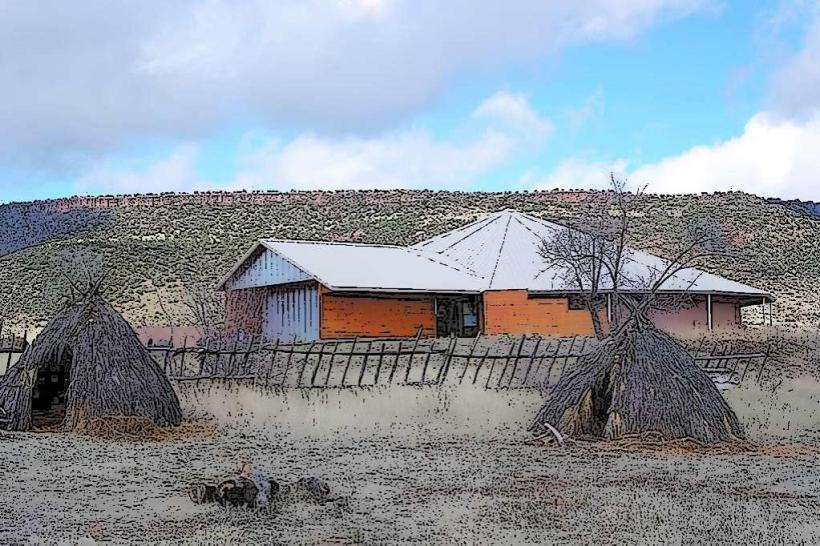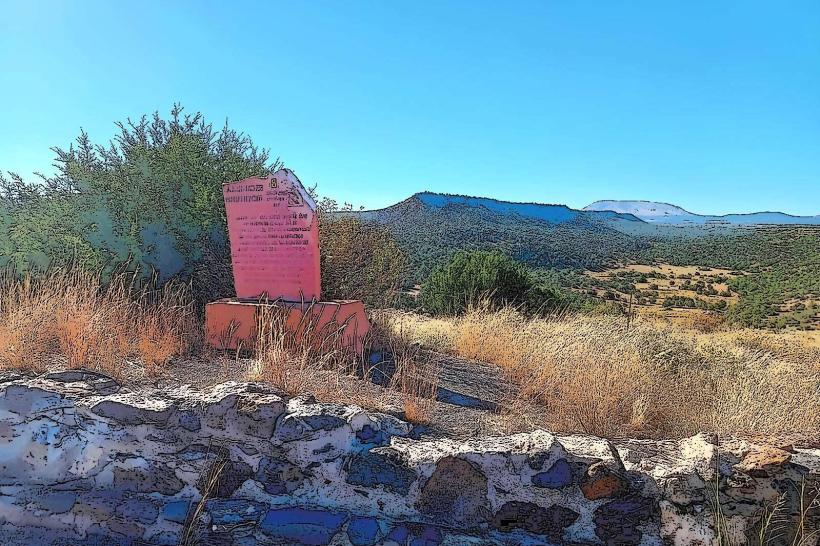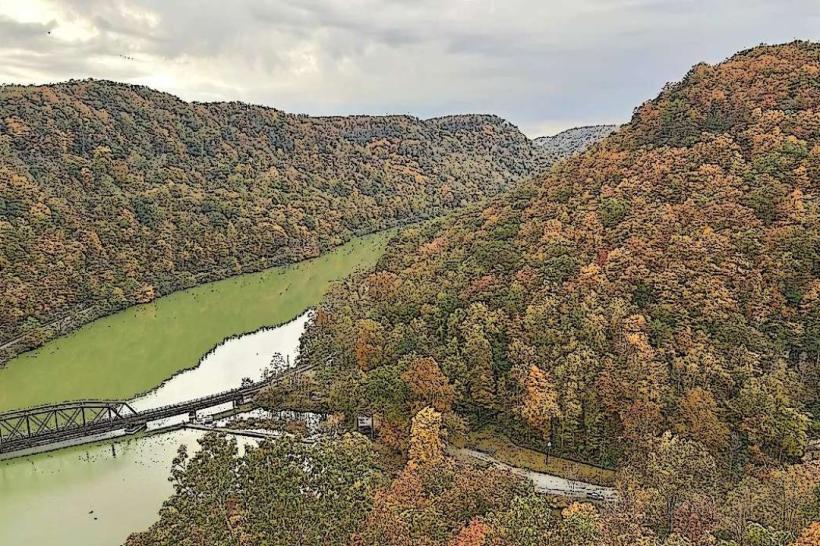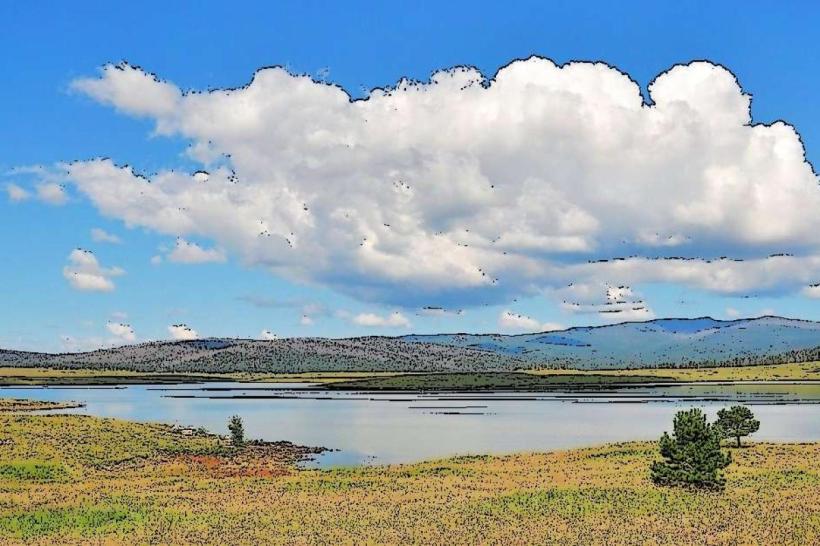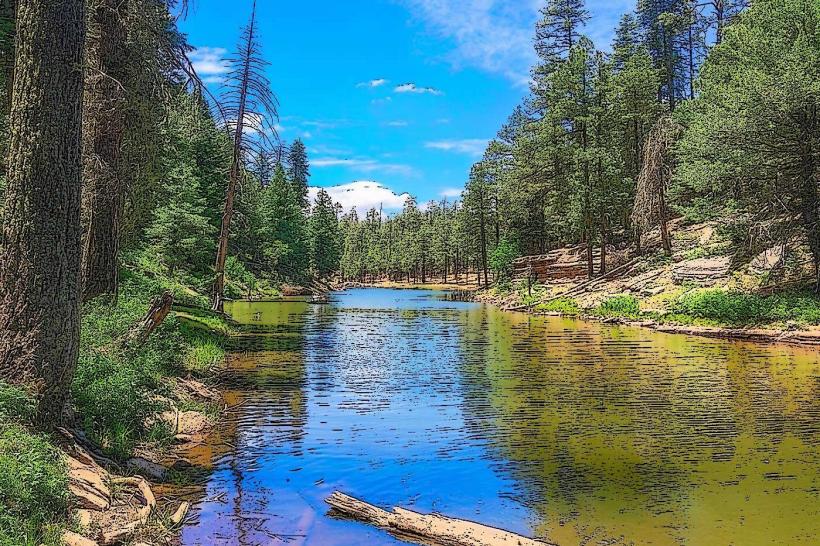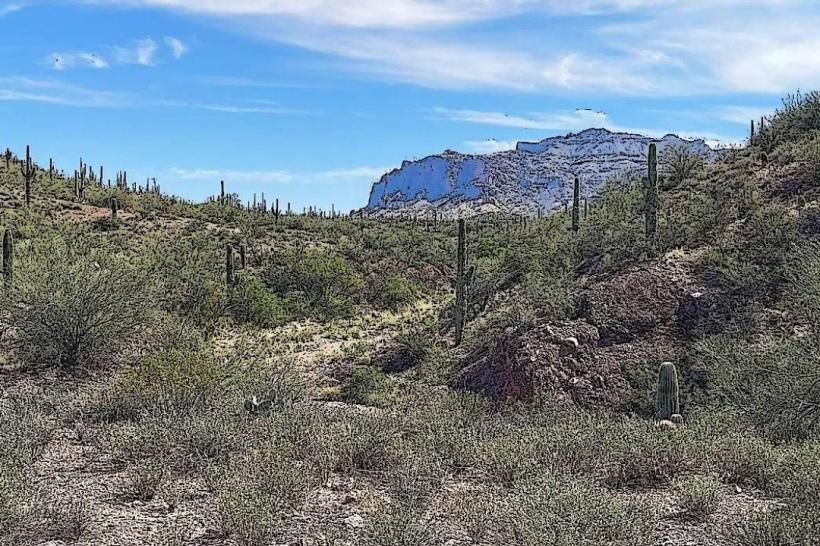Information
Landmark: Eagar Townsite Historic DistrictCity: Eagar
Country: USA Arizona
Continent: North America
Eagar Townsite Historic District, Eagar, USA Arizona, North America
Eagar Historical Overview and Heritage Sites – Detailed Description
Eagar Townsite Historic District
Although Eagar, Arizona, does not have a formal, standalone historical museum, its rich pioneer and settlement history is preserved primarily through the Eagar Townsite Historic District, a designated historic area listed on the National Register of Historic Places. This district spans approximately 54 acres and contains 37 structures, of which 21 are recognized as historically significant, reflecting Eagar’s growth and development from its founding period in the late 19th century through the early 20th century.
Key Historic Structures Within the District
Grapevine Hall (Built 1916):
Originally constructed as a social hall, Grapevine Hall was the first building in Eagar to have electric lighting. It functioned as a vital community center for social events, dances, and town meetings. The hall also doubled as a basketball court, underscoring its role in fostering community cohesion and recreation.
Harry Colter House (Circa 1890):
As the oldest surviving residential structure in the district, the Colter House exemplifies pioneer-era architectural style and building techniques. It offers valuable insight into the lifestyle and conditions faced by early settlers in the region.
Benjamin B. Crosby Home:
This home belonged to Benjamin Crosby, a prominent figure in local history known for his work as a sheep and cattle rancher as well as a railroad contractor. The residence is emblematic of the wealth and social status attained by successful entrepreneurs during Eagar’s early years.
Amity School Ruins:
The stone chimney is all that remains of the Amity School, a one-room schoolhouse that served the rural Amity community until its closure in 1930. It symbolizes the commitment to education among settlers and represents a bygone era of localized schooling.
Throughout the historic district, interpretive plaques and markers help visitors appreciate the significance of each site, contributing to a self-guided walking tour experience that connects people to Eagar’s roots.
Historical Significance
The district reflects the transformation of Eagar from a small pioneer settlement into a thriving agricultural and ranching community. The architecture and town layout reveal the influence of Mormon settlers who arrived in the 1880s and shaped the town’s culture and infrastructure.
The buildings preserve a variety of construction styles and materials typical of the period, such as log, adobe, and wood-frame buildings, revealing the adaptive strategies of settlers in the high desert environment.
Nearby Historical and Cultural Attractions
While Eagar itself lacks a dedicated museum, the surrounding area offers several venues that complement the town’s heritage:
Springerville Heritage Center:
Located just a few miles from Eagar, this multi-museum complex includes:
The Renee Cushman Art Museum, which features European art collections including works by early 20th-century painters.
The Becker Family History Museum, showcasing artifacts, photographs, and narratives documenting the pioneer and Native American history of the White Mountains region.
Butterfly Lodge Museum (Greer, AZ):
A historic house museum offering insights into the life and legacy of James Willard Schultz and his son Lone Wolf, notable figures in the exploration and documentation of the Southwest’s Native American cultures.
Community and Visitor Experience
Eagar offers visitors a blend of historical exploration and natural beauty. The historic district’s quaint streets, period homes, and community landmarks provide a tangible connection to the town’s past.
Eagar Centennial Park:
Located on Main Street, this park features a gazebo and informational kiosks that tell the story of Eagar’s founding and growth, making it a welcoming starting point for exploring local history.
Heritage Events:
Local organizations occasionally organize heritage walks, lectures, and commemorative events that highlight Eagar’s pioneer roots and cultural traditions.
Summary
The Eagar Townsite Historic District serves as the living museum of Eagar’s early history, preserving architectural landmarks and stories of the town’s founding families, community life, and economic development. Though no formal museum exists within the town, the district combined with nearby heritage centers provides a rich, immersive historical experience.
Visitors gain insight into the challenges and triumphs of early settlers, the role of ranching and agriculture, and the cultural fabric shaped by Mormon pioneers. The nearby regional museums further enrich understanding with art, Native American history, and pioneer narratives.
Together, these resources make Eagar and its environs a meaningful destination for those interested in the history of Arizona’s White Mountains region.

